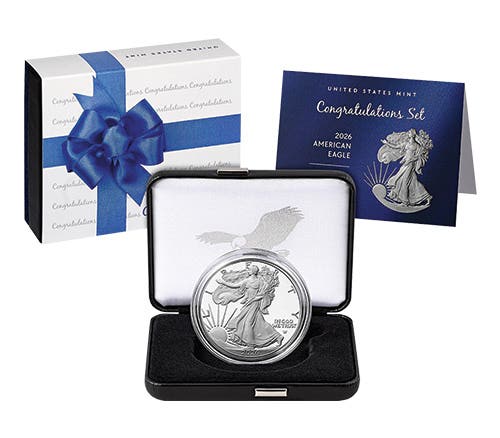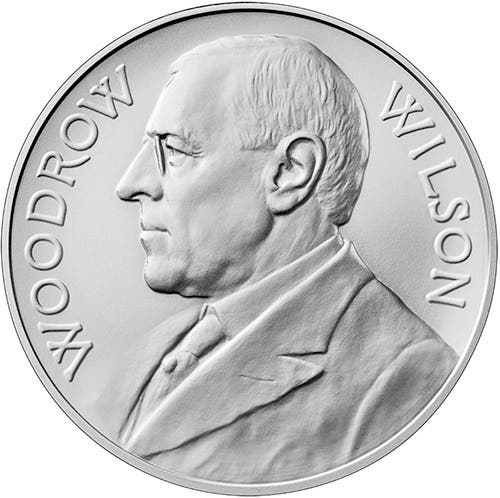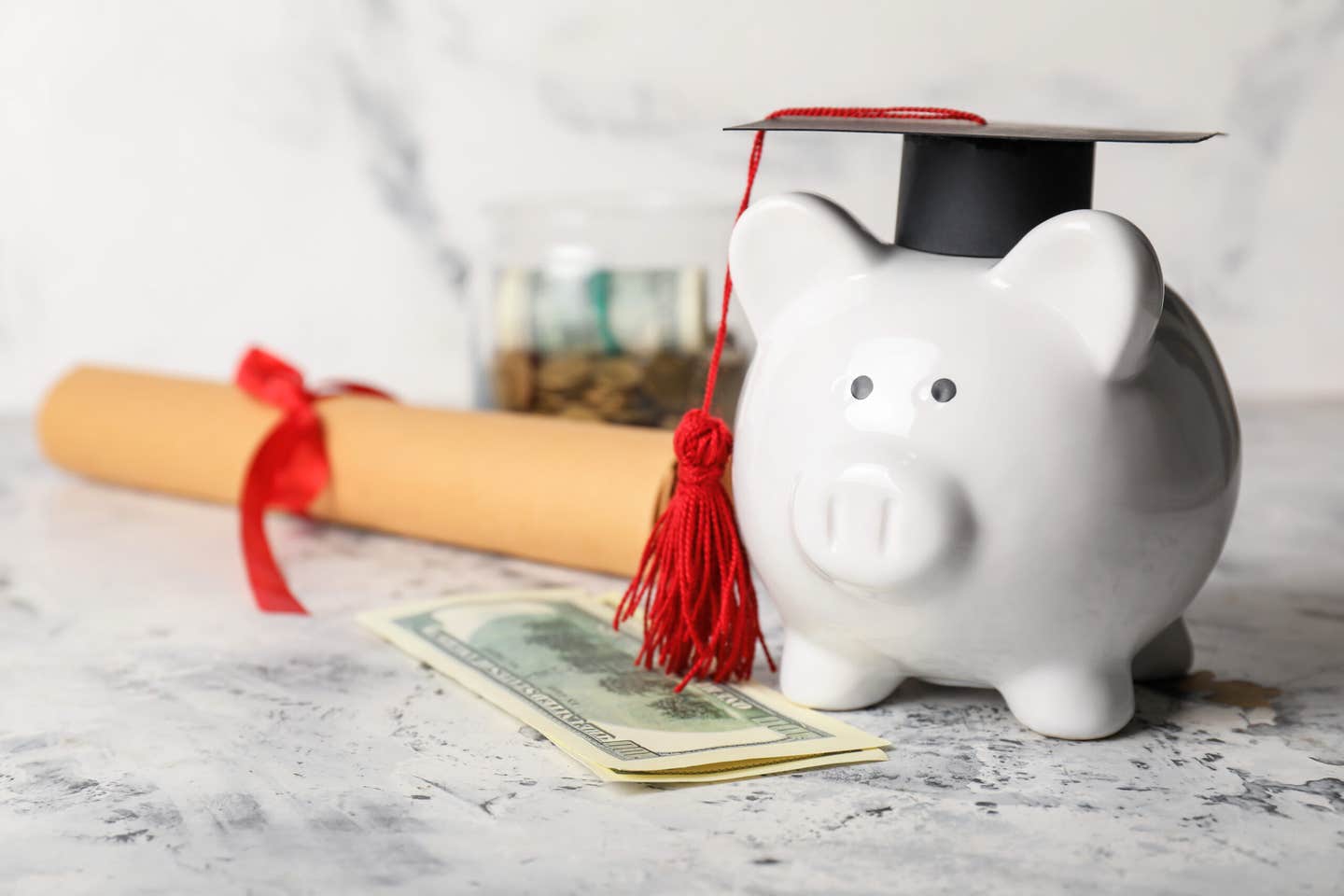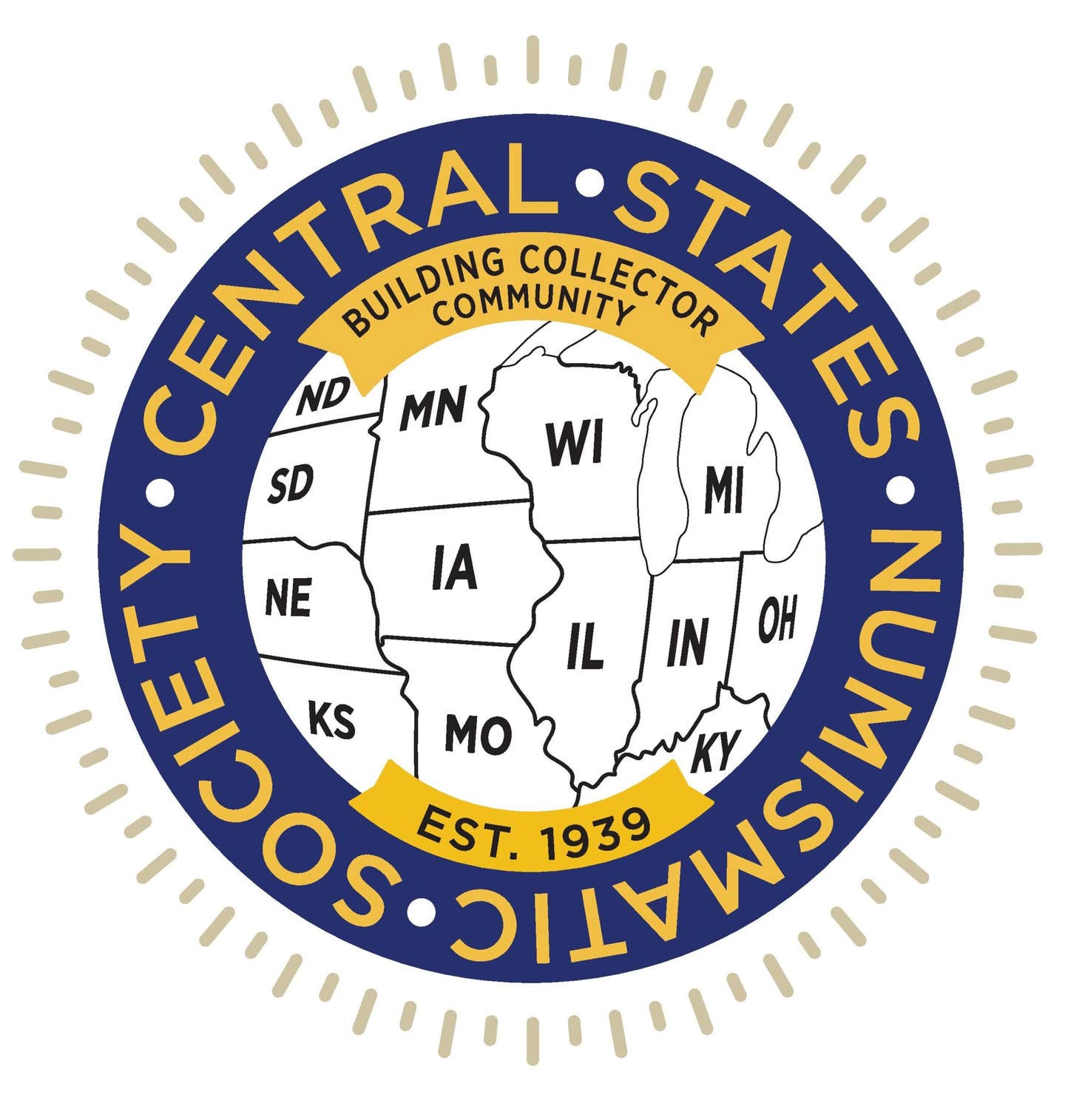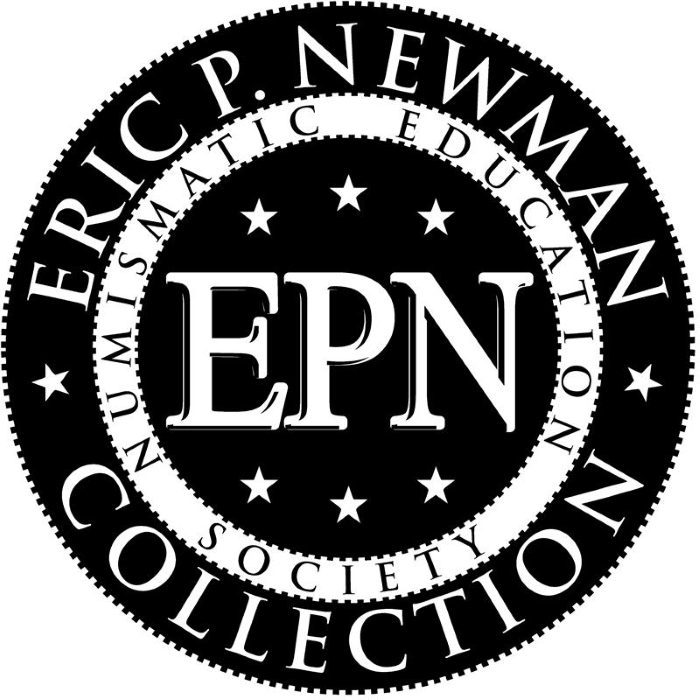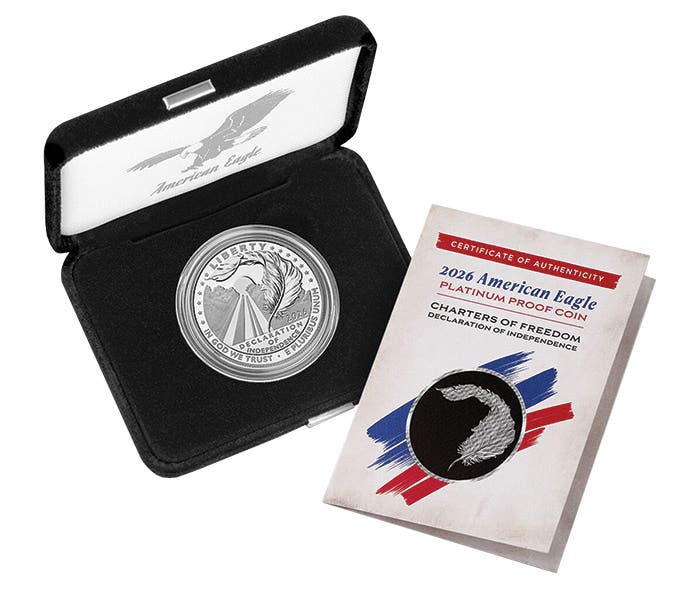Give a talk based on your memories
The last time you attended a convention, you spent much of your time talking about your favorite coins, maybe the Barber quarter and the challenges in putting together a complete set.
This article was originally printed in Numismatic News.
>> Subscribe today!
The last time you attended a convention, you spent much of your time talking about your favorite coins, maybe the Barber quarter and the challenges in putting together a complete set. You spoke of your interest in the series, how you slowly built your set, the coins that were hard to find, and how long it took you to acquire the 1901-S rarity. You told your story to your numismatic friends and your favorite dealers.
Why not branch out a little, and tell a wider audience? Give a talk at your next coin club meeting. Whether it’s your local club or a big convention, speakers are always welcome.
Major shows, such as the World’s Fair of Money and Florida United Numismatists, look for speakers for their Numismatic Theatre and educational programs. Articles in hobby publications appear well in advance of the show, asking for speakers and their ideas for talks. Some famous numismatic names appear on the roster, but you don’t have to be a recognized expert in your field. Share your enthusiasm for your favorite series. If you have unusual stories to tell, such as the way you found your 1901-S quarter, or if you discovered a new variety, so much the better. Share your findings with a wider audience.
Attend some of the Numismatic Theatre presentations at the ANA convention and pay attention to detail. What did you like and dislike about the talks you heard? Did the speaker show enthusiasm for his topic, or did he just go on and on reciting? Did you learn something new from the talk? Did the speaker share personal experiences, or just read from his papers?
Take notes while you’re there, seated in the audience, and decide what would make the talk better. If you enjoyed the presentation, why did you enjoy it so much? Why was this talk better than another one you attended? What really stood out about the talk, good and bad? And what about the subject matter – did the speaker just recite from a book, or did he seem to be talking to you? Was the subject matter too complicated, understood only by experts, or could anyone get something out of this talk?
Remember all of the good and bad points when you begin to prepare your own talk. Even if you have little experience, you can make your talk the best it can be.
Go over your topic when you begin planning your talk. Outline everything you want to cover. If your passion is Barber quarters, you may begin by talking about how you became interested in the series, which is not exactly number one in popularity. You can begin your talk with a bang. If you received the 1901-S in change, or found it in an old bureau, and can tell how that led to an interest in Barber quarters, that’s a good way to open your talk. But even if that didn’t happen to you quite that way, there are many incidents in any collector’s life that when presented as part of a polished talk will enhance it.
After you have written an outline, go over it again after a while, to be sure you didn’t leave anything out. You don’t want to forget the story of how you found an old Barber quarter in a bank roll, or when you discovered a new variety, or anything out of the ordinary.
Practice your talk. Maybe someone could listen and watch you and critique you later. Don’t speak in a monotone. Show your excitement for your topic. Speak clearly to your audience, not at them. Don’t just read notes from cards or a paper. Look at your audience, and talk to them.
Do you have any ideas of your own to make your talk more interesting? Perhaps a handout or display photo of your prized 1901-S, or another discovery you made. If you should have photos or documents in your personal computer, use Power Point, but don’t make it too cut and dried. You are not a professor giving a lecture. You are a numismatist serious about his hobby who wishes to share his knowledge and enthusiasm. Enthusiam is infectious and an audience will pick right up on it.
When the day arrives to give your talk, go over your material again. Make sure everything you want is there, handouts, photos, or any other pieces.
You may find your name and your topic is proudly displayed on a card outside the lecture room at the convention center. You may pose for a picture by this card, and see yourself in a coin magazine.
After you have finished your talk, you may take questions from the audience. Someone could ask about one of the coins you mentioned, or someone else may be curious about what grading system you use, or if you also collect other Barber coins. You never know what someone could ask you. Once I was asked where I bought the necklace I was wearing!
Talking about coins happens all the time at conventions. Why not take it a step further and present a formal talk at a coin show? You may find you enjoy it, learn from the experience, and teach your fellow collectors something new at the same time.
More Coin Collecting Resources:
• Subscribe to our Coin Price Guide, buy Coin Books & Coin Folders and join the NumisMaster VIP Program




